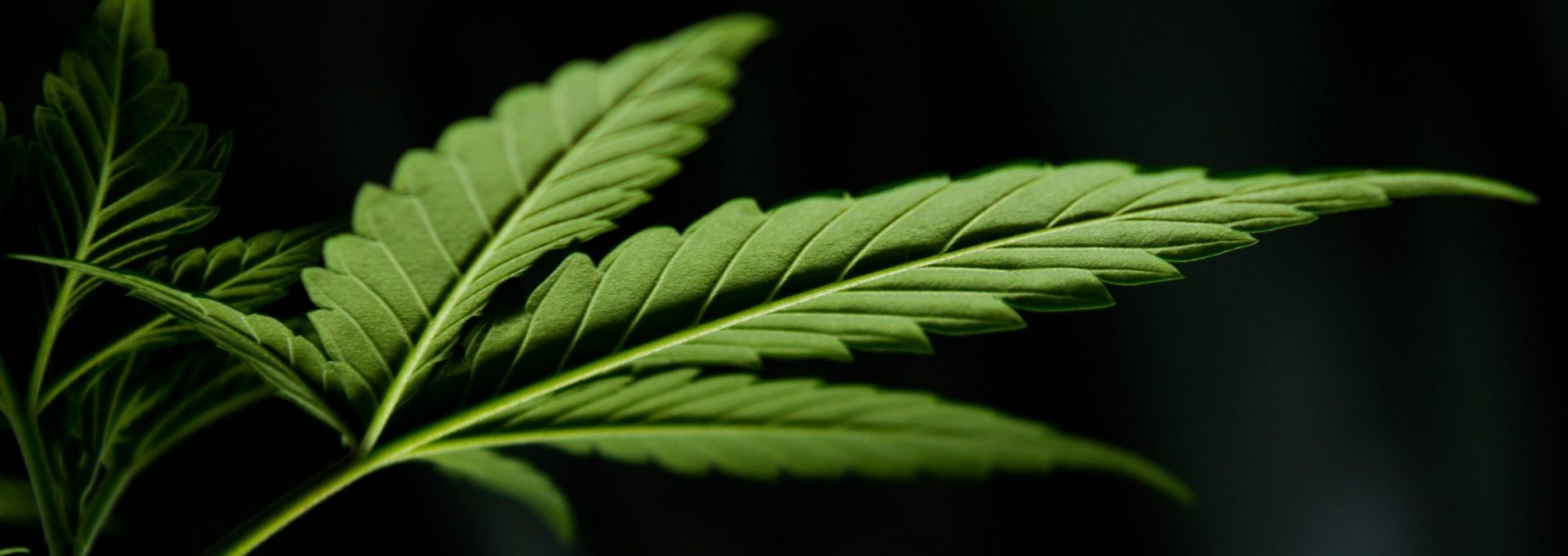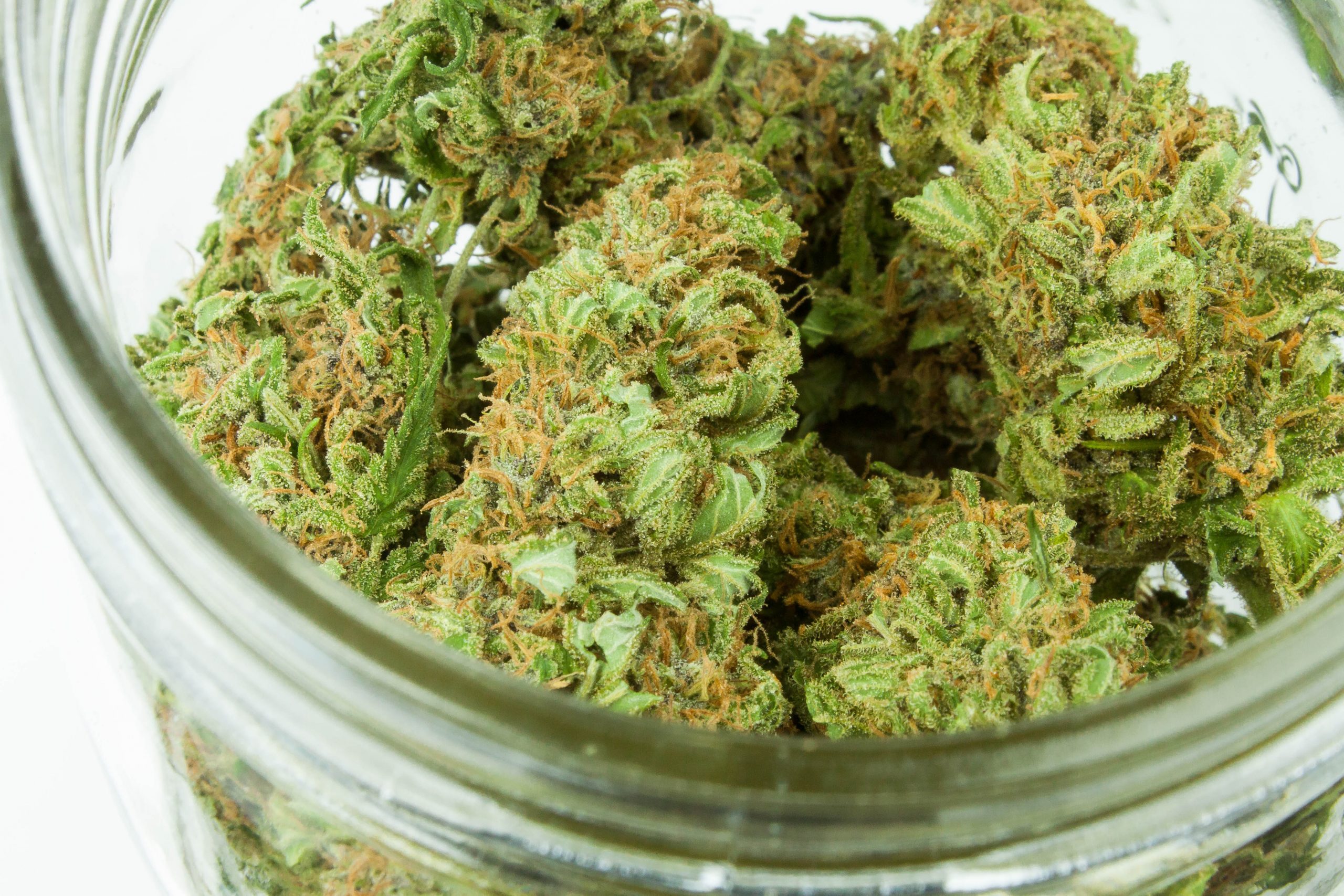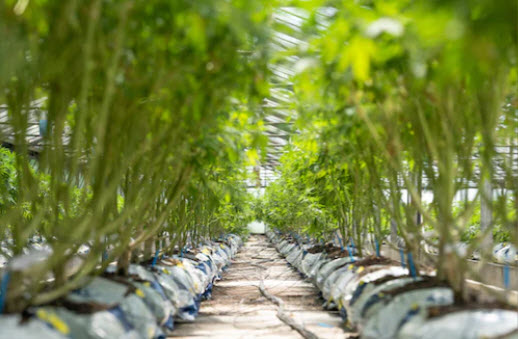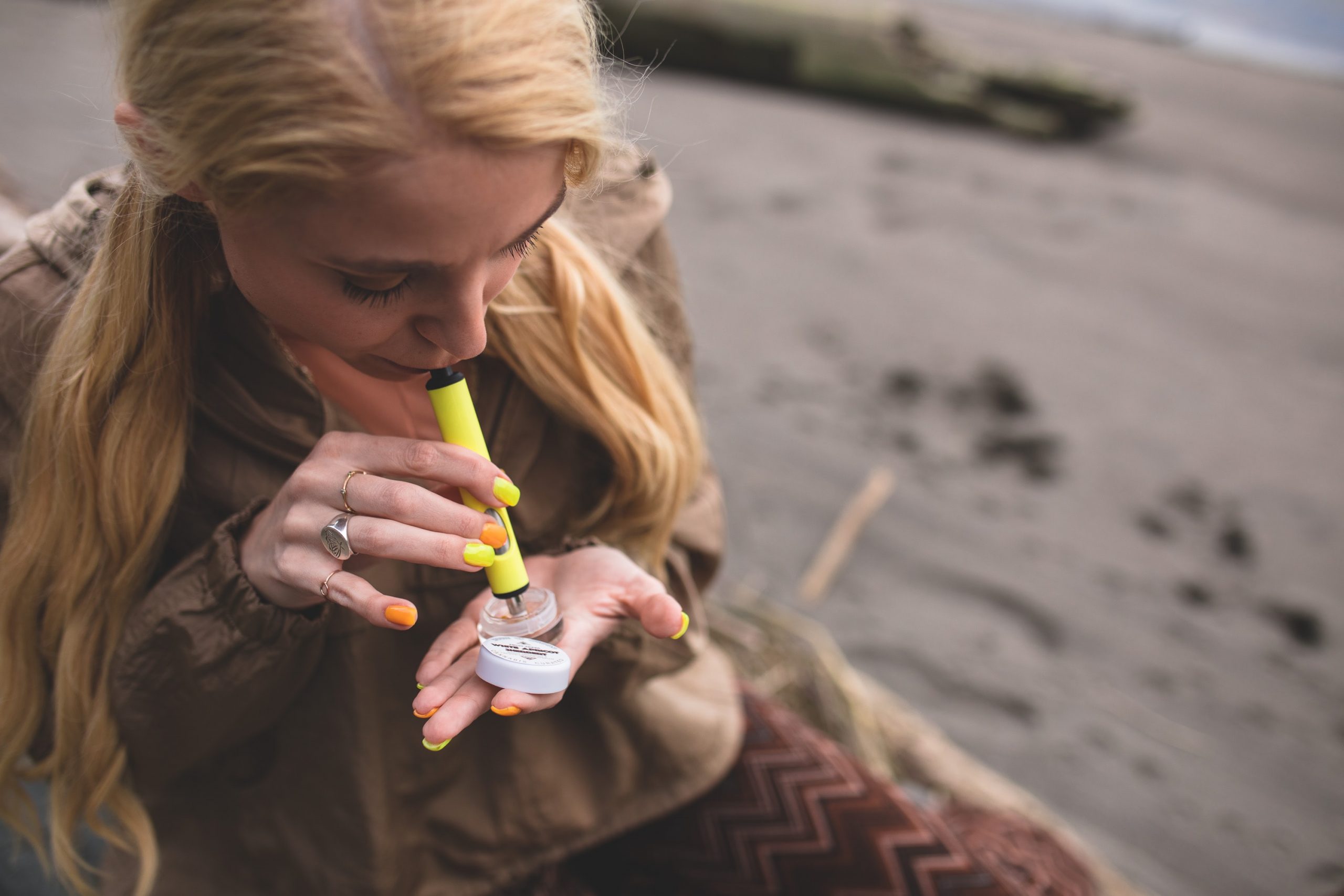Yesterday’s Supreme Court decision reflects how jurists are interpreting cannabis reform against global mandates that have not yet changed
While cannabis advocates may have been dismayed yesterday at the Supreme Court’s decision to rely on 1990’s case law about cannabis rather than seek a new path, this is hardly surprising. In fact, it is not German or even European law that such judges were considering, but international regulations that still hang over the entire debate. Namely, the 1961 Single Convention on Narcotic Drugs. According to this statute, cannabis is always considered a Schedule I narcotic drug (in other words a substance with no significant medical substance) UNLESS it is treated as a pharmaceutical throughout its lifecycle.
This means on the medical side that the entire supply chain, from production to sale, must be at a pharmaceutical level, even if it is not the same as EU-GMP. It is also why, for example, even producers with domestic GMP certification still must product technically designated as GACP over the border when they ship to Germany. Even so, because cannabis is not a normal plant, but rather a narcotic, it still carries these strictures.
The court yesterday found that because of this law and court precidents set over twenty years ago, that Germans do not have a constitutional right to possess and consume cannabis for recreational purposes.
What Will Change This?
The only way for courts not to come to such conclusions is for the German Bundestag to effectively reschedule cannabis domestically, which they are allowed to do, per the last UN missive on the topic. During the last meeting in 2020, the UN decided to leave cannabis as a Schedule I drug globally, but allow regions and countries to proceed on their own form of reform.
That is where the Supreme Court decision is absolutely backwards, even though it relies on previous precedent. In the 1990’s, there was no global cannabis reform, including at the UN.
As a result, in Germany, the only way for the government to begin to change this reality is to do what they have now promised to do.
Why This Change Is Mandatory and Necessary
Unless there is either a carve out in the BtMG (Germany’s narcotics law), or the plant is removed from the list of narcotics, patients will continue to suffer. As in my case, despite being covered by the medical law for cannabis access passed here in 2017, I was initially accused by the prosecutor in Frankfurt of being a “Dealer” because I had more than 7.5 grams of THC in my possession when busted. This is, according to my doctor, about a week’s supply of cannabis for me.
Further, the idea that cannabis is a narcotic drug of last resort is one of the reasons that the health insurers have been so successful in turning down so many people for cannabis coverage.
Once the plant is removed from this designation, domestically, hopefully cannabis patients will have stronger rights. And the rest of the population can consume the drug, from CBD to THC and all the terpenes and cannabinoids in between, in relative safety.
While there is still a great deal of pessimism in Germany about the now planned change in the law at the end of the year, it is most probably that this will actually happen. Far too much money and energy is spent domestically on prosecuting the sick who are falling out of the social care net.
And while the next six months may feel like forever, it is also very probable that by the end of the year, the Germans will have taken the plunge the rest of Europe at least, has been waiting for.









